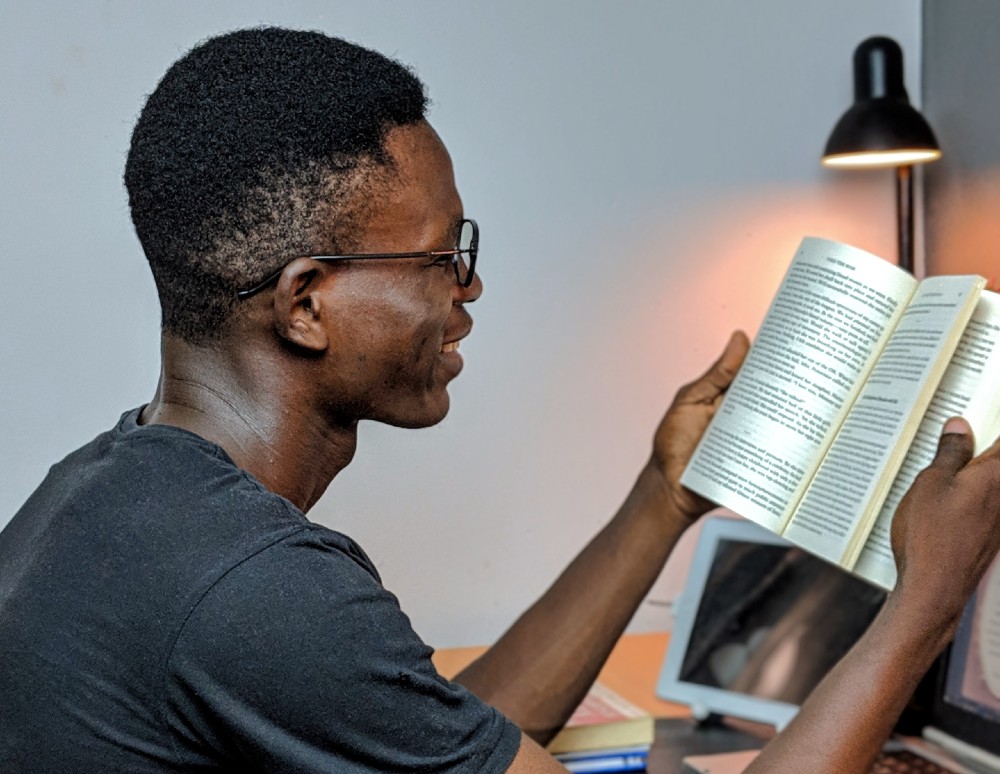
We are a reader-supported education publication. When you buy through links on our site, we may earn an affiliate commission to help us keep providing content.
Guest post written by Marcia Windsor Waite
For most college or university students, exam season is quickly approaching. You want to enjoy your holiday break, but you also can’t relax until you know how you’ll do on your exams! To help you prepare, I put together a few tips on how to do well at college or university.
Choose a productive method
The first thing you need to do before you start preparing is to know what you want to study and what is the most effective form of studying for you. Everyone likes to study differently, so just because your friend likes typing notes on to their laptop, that might not work for you. For example, I personally like to take my notes by hand. I find this helps me retain the information, so it’s a productive form of studying for me. However, some people may prefer reading textbooks or e-books or listening back to lectures.
Are you a visual learner who needs to create mind maps and pictures to understand a point? Maybe you prefer sitting with a group of friends and discussing the topic you are studying or taking it in turns to present. You will quickly figure out which study method suits you and then you’ll be able to use your time more productively and take better notes.

Stick to a schedule
Before you even start studying, it is important to make yourself a schedule, which will help you keep you on track, make sure you cover every topic and keep you motivated. This will help you keep on top of your studying and avoid potential late-night cramming sessions in the library.
As soon as you know when your exam is you should add it into your diary. You can then plan when you should start studying and how much time you need to dedicate to studying each day. It is even more important to plan a schedule when you have multiple exams, which ensures that you cover all your topics and avoids you neglecting one of your exams.

Take short, consistent breaks
It’s important to give yourself breaks in between studying — it helps you remain focused and helps keep you productive. One of the best apps I use when I’m studying is Forest — with this concentration helper, you can set yourself a timer, and during that time you aren’t allowed to go on your phone. I find this works for me as it prevents me from picking up my phone to reply to messages or scroll through Instagram. You need to find a balance that suits you. Some people may be able to work for 2 hours with no breaks, while others may need a 5-10-minute break after every 30 minutes. It is important to strike that balance to ensure you achieve maximum success.
It is also a good idea to stretch your legs and get some fresh air during your breaks and have something to eat and drink. This will ensure that when you go back to studying you will be in a productive mindset and will use your time effectively.
Listen to calming music
Listening to music will work for some people and others will find it super distracting. According to some studies, listening to music while you study can improve your mood. It is also a great way to block out background noise, especially if you are working in your university or college library. When I study, I love to listen to classical or piano music, which helps me avoid getting distracted by the lyrics.
College or university doesn’t have to be difficult. Try to use some of these tips in your current routine to improve your results. And remember, don’t start your studying too late and try and avoid late-night cramming sessions.
Good luck!
latest in learning!
Get the latest updates in learning, teaching and everything in between! Whether you're a student or an educator, we offer the inspiration you need to fuel your classroom experience.









